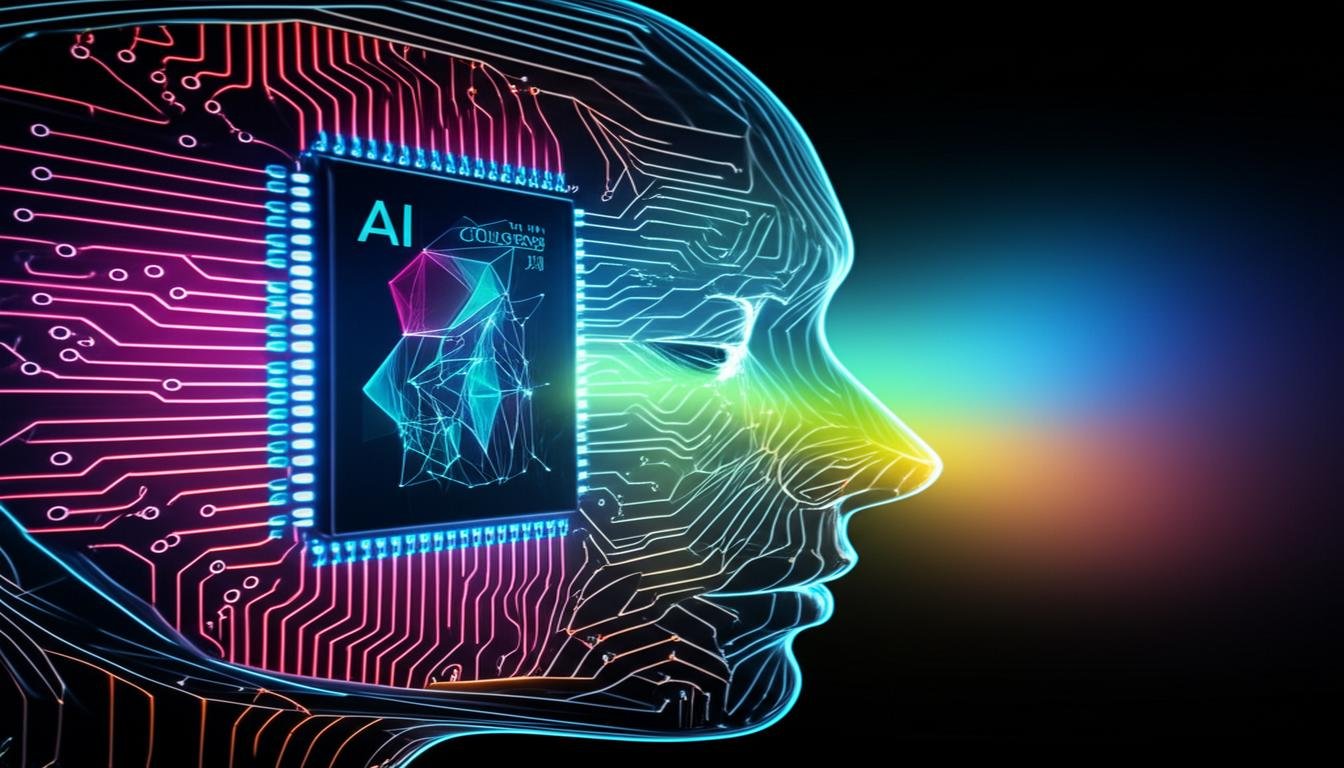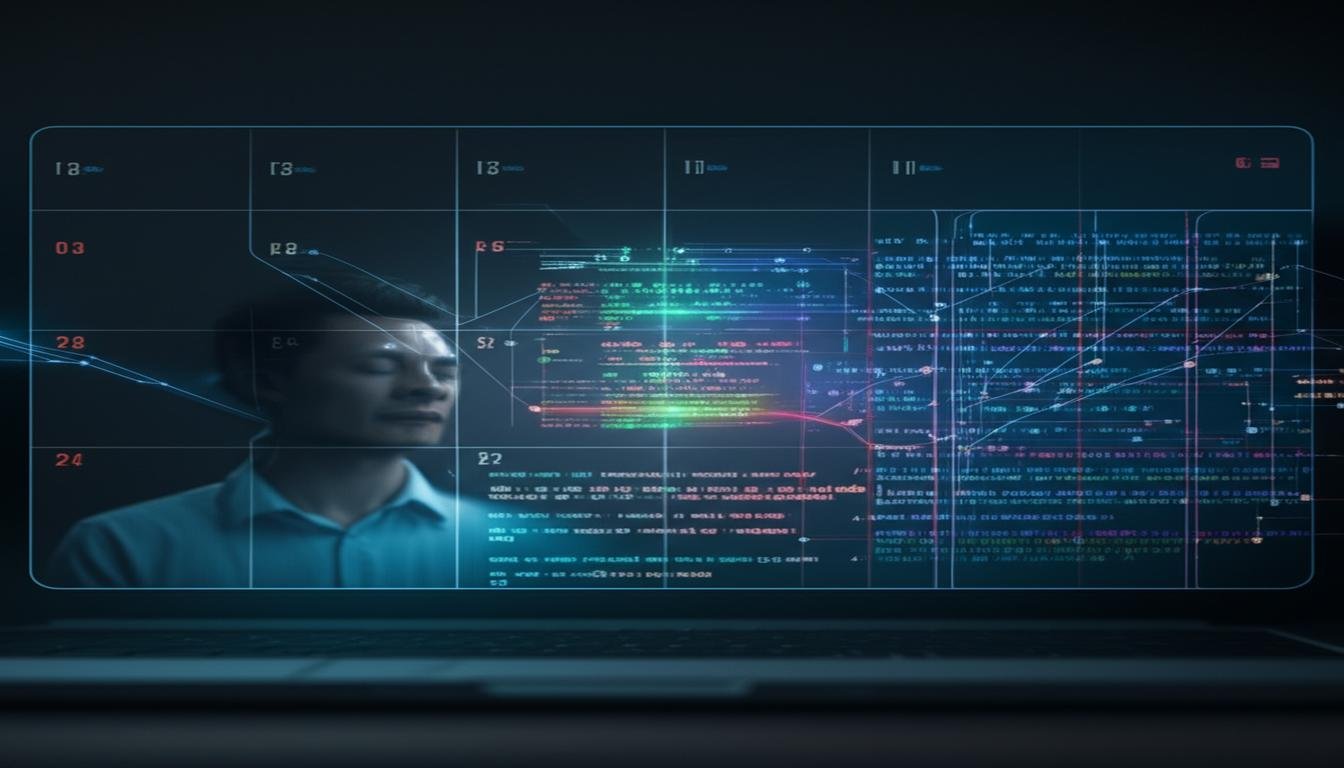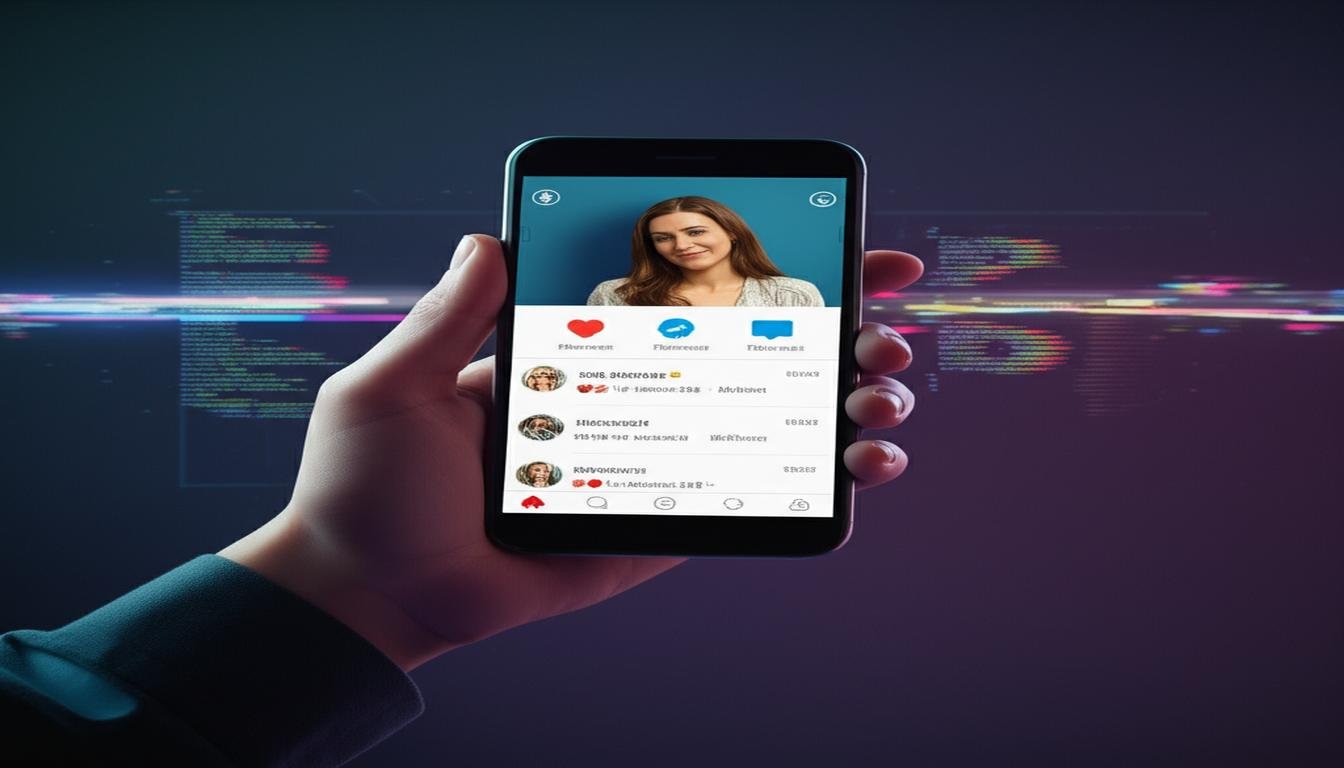AI Just Got Scary Smart: What It Really Means for Your Job in 2025
Hey there. Chances are, you’ve seen the headlines, heard the whispers, and maybe even played around with some of the new AI tools yourself. ChatGPT, Midjourney, Sora – they’re everywhere, and they seem to be getting incredibly powerful, incredibly fast. It feels like just yesterday AI was a sci-fi dream, and now it’s writing emails, coding software, and even generating video. So, it’s natural to wonder: what does this “scary smart” AI mean for your job in 2025? Are the robots truly coming for our livelihoods?
Let’s be real: the answer isn’t a simple “yes” or “no.” While some jobs might shift dramatically, the bigger picture isn’t about AI replacing *people*. It’s about AI transforming *how* we work and creating new opportunities for those ready to adapt. Think of it less as a job destroyer and more as a powerful new colleague you’ll need to learn to collaborate with.
The AI Revolution Isn’t Just Tech Talk Anymore
For years, AI was behind the scenes – powering your Netflix recommendations or suggesting products on Amazon. But with the rise of generative AI, the technology has become incredibly accessible and creative. Suddenly, anyone can use AI to:
- Draft a first version of a marketing campaign.
- Summarize pages of research in seconds.
- Generate images or even video clips from simple text prompts. Explore the power of generative AI in content creation.
- Write code or debug existing programs.
This isn’t just about efficiency; it’s about shifting the very foundation of many tasks. And that’s why understanding its impact on the job market by 2025 is so crucial.
So, Is Your Job on the Chopping Block? Let’s Break it Down.
The Jobs Most Vulnerable to AI Automation
If your role primarily involves highly repetitive, predictable tasks that follow clear rules, then yes, AI and automation are likely to have a significant impact. We’re talking about jobs where the main skill is speed and accuracy in routine operations. Think about:
- Data Entry Clerks: AI can now extract and organize information much faster.
- Basic Customer Service Representatives: Chatbots are handling more routine queries, freeing up human agents for complex issues. Learn about building AI-powered chatbots for business efficiency.
- Certain Manufacturing Roles: Advanced robotics can perform precise assembly or inspection tasks without human intervention.
- Some Administrative Assistants: Scheduling, basic email drafting, and document organization can be automated.
It’s important to note: even in these areas, full replacement isn’t always the goal. Often, AI tools will handle the mundane bits, allowing human workers to focus on more nuanced, human-centric aspects of the job.
The Jobs That AI Will Actually Supercharge
This is where it gets interesting! Many roles won’t just survive; they’ll thrive and become even more powerful with AI as a co-pilot. Jobs that require uniquely human skills – the ones AI still struggles with – are set to be enhanced. These include:
- Creative Professionals (Designers, Writers, Artists): AI can generate drafts or ideas, but human creativity, vision, and judgment are essential for refining and adding soul.
- Problem Solvers (Strategists, Consultants, Researchers): AI can process vast amounts of data, but humans are needed to ask the right questions, interpret insights, and devise innovative solutions.
- Caregivers and Educators (Nurses, Teachers, Therapists): These roles are fundamentally about human connection, empathy, and complex emotional understanding, which AI cannot replicate.
- Skilled Trades (Electricians, Plumbers, Carpenters): While AI might assist with planning or diagnostics, the physical dexterity and on-site problem-solving are still human domains.
- Leaders and Managers: Guiding teams, making ethical decisions, and fostering culture require human leadership.
For these roles, AI becomes a powerful assistant, freeing up time from grunt work and allowing professionals to focus on the higher-value, more human aspects of their jobs. Imagine a doctor using AI to quickly analyze patient data, giving them more time for compassionate consultations.
Your Roadmap to Job Security in the AI Age
So, what can you do, starting today, to future-proof your career for 2025 and beyond? It’s all about proactive adaptation: Understand AI’s impact on the future of work, skills, and reskilling.
- Embrace Lifelong Learning: The most critical skill is the ability to learn new skills. Take online courses, attend workshops, or even just experiment with AI tools in your spare time.
- Focus on Uniquely Human Skills: Double down on creativity, critical thinking, emotional intelligence, complex communication, and collaboration. These are your superpowers.
- Learn to Collaborate with AI: Don’t see AI as a threat, but as a tool. Figure out how to use AI to enhance your productivity, automate repetitive tasks, and analyze data more effectively. Become a “prompt engineer” in your field.
- Network and Stay Informed: Keep an eye on industry trends. Talk to people in your field about how AI is impacting their work. Understanding the broader landscape will help you spot opportunities.
- Be Adaptable and Flexible: The world of work is changing rapidly. Being open to new roles, new responsibilities, and even entirely new career paths will be key.
A Human Future: Beyond the Hype and Fear
While the “scary smart” aspect of AI can feel daunting, it’s also important to remember that every major technological shift throughout history has created new types of jobs even as it transformed existing ones. The internet didn’t eliminate jobs; it created entire industries like e-commerce, digital marketing, and app development. AI will do the same.
The future of work isn’t about humans vs. machines. It’s about humans *with* machines, leveraging AI to achieve things we never thought possible. Our unique human capabilities – our ability to dream, connect, empathize, and innovate – will become even more valuable in this new landscape.
Don’t Panic, Prepare: Your Next Steps for 2025 and Beyond
So, no, your job isn’t necessarily doomed by AI in 2025. But it will likely evolve. The best thing you can do is understand how AI impacts your specific role and industry, and then proactively start developing the skills that will make you indispensable.
Start experimenting with AI tools today. Think about how they could make your current tasks easier. Invest in those human skills that AI can’t replicate. The future of work isn’t something that happens *to* you; it’s something you can actively shape.









